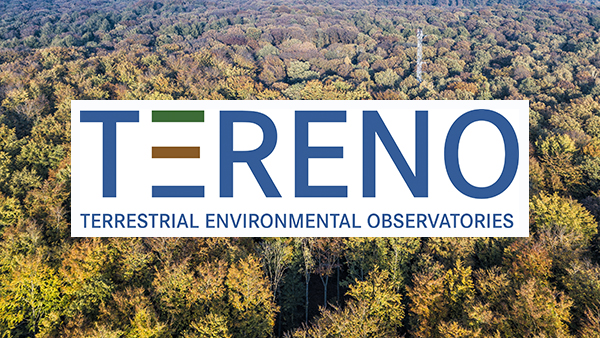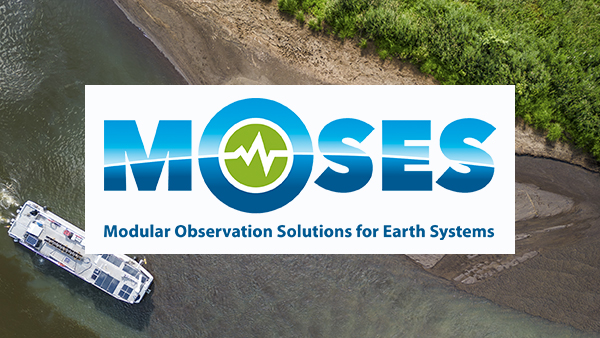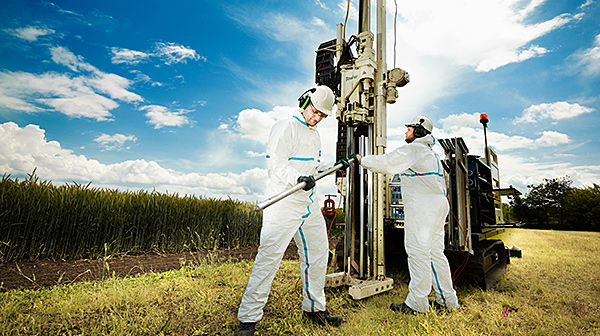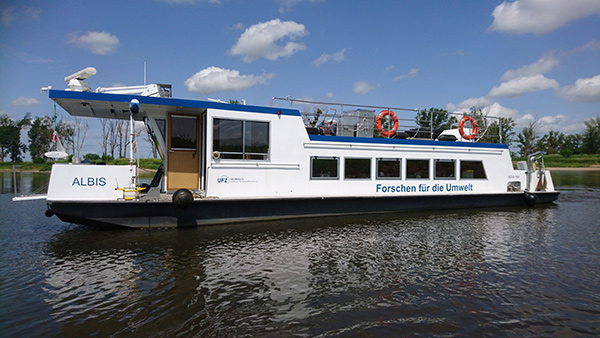Environmental observatories and mobile platforms
UFZ is committed to Helmholtz’s long-term operated environmental observation on climate change that founds the basis for excellent research and as such for the development of mitigation and adaptation measures. Over the past 20 years, a comprehensive observatory infrastructure has been built up at UFZ to investigate the entire range from long-term environmental changes to short-term extreme events. Such observational data is prerequisite to generate reliable model predictions, data products and services that support decision makers at operationally relevant scales.
By operating long-term observatories such as TERENO and perspective eLTER, mobile platforms such as ALBIS, as well as the new mobile and modular observing system MOSES, UFZ provides a unique research infrastructure to investigate both, environmental trends and short-term extremes (e.g., droughts, floods). The data collected by these observing systems are an outstanding basis for a better understanding of the complex impacts of climate change on the environment in time and space. They provide the foundation to develop and improve adaptation measures.

TERENO – Observatory
Is a network of four observatories for integrated environmental monitoring in particularly climate-sensitive areas in Germany.

eLTER- European infrastructure
with several hundred observation areas for long-term observation and research of ecosystems and the "Critical Zone".

MOSES – Mobile platform
Mobile and flexible observing system designed to capture highly dynamic, often extreme events.

MOSAIC - Subsurface exploration
MOSAIC is a platform for the model-based, high-resolution exploration of complex subsurface structures with minimally invasive methods.
Our environmental observatories and mobile platforms offer a variety of starting points for future research projects.
Please contact us!

